The mind not only constructs the props and scenario for ongoing visuals and sensory memory, space and time, it also provides the dynamics to hold or to reject these artificial units.
In the midst of the feature films inside the head, there is always the fixation on control by the “I” who lives in the linear reality of simulated depth. A good amount of pressure, as control, is kept over our world, ourselves, what we want, what we hold dear – family, spouse, career, etc. etc. etc. More obsessed with control than with real power, we surely confuse the two.
Control is a sad imitation of the force of spirit power of Will. The brand power we know is called willpower. Willpower is forged; it goes hand in hand with personality building and the generation of self-control, invariably based on fear and anger. It has little to do with Will, the power we are capable of tapping into within.
Control relates to physical or mental performance. When we sense that we might be “losing it”, when we feel overwhelmed by another person or circumstance, our experience is one of impotence or powerlessness, followed by the corollaries, anger and fear. Greater effort is made, which means greater organization, more stress and pressure, culminating in even greater control of the surroundings and ourselves. By triggering kinetic motor power, increased willpower simulates genuine power.
Real power is felt. Where there is control, there can be no power; they function on two entirely different planes. Shifting to an authentic power modality involves letting go of ordinary control over the outside world as imposed by the sequential mind. This implies mastery or dominion. Whereas willpower responds to personal interest and survival, real Power, or Will cannot be made or contained. It arises and flows. It is birthed from within, beyond the tenacity of the thinking mind.
Power corresponds to depth, neither intellectual nor emotional. As pure Will, it derives from Consciousness and the awareness of being at cause. It places one, beyond the noisy personality, at the center of the universe as a sun. A minuscule fragment of magnificence, it involves you and only you. Its power may be summoned and employed by the conscious personality but it is never available through force or tension. It spells a way of being that is natural, relaxed, and fully aware. A powerful person is sensed and doesn’t need to exert control. A powerful person is free.
For all the talk of freedom, most people prefer some form or another of dependence. Impotence and powerlessness create dependence, which temporarily cover up the fear of being alone. Unfortunately, people would rather control themselves and one another, than be free and powerful.
Original Source from The Inner Woman
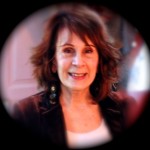 Zulma Reyo, B.A., M.A. is a native of Puerto Rico, fluent in English, Spanish, French and Portuguese. She holds a B.A. and M.A. degree from New York University in Comparative Literature and Education. A decade of research in Europe and India led her to blend energetic, yogic and psychotherapeutic methods, Eastern and Western paradigms and world religions, developing a coherent training on the human energetic structure that she has taken to different countries. Zulma is the founder of the Inner Alchemy School of Consciousness, teaching the intricate nature of the subtle human energetic anatomy and gender variance. Tweet her @zulmareyo
Zulma Reyo, B.A., M.A. is a native of Puerto Rico, fluent in English, Spanish, French and Portuguese. She holds a B.A. and M.A. degree from New York University in Comparative Literature and Education. A decade of research in Europe and India led her to blend energetic, yogic and psychotherapeutic methods, Eastern and Western paradigms and world religions, developing a coherent training on the human energetic structure that she has taken to different countries. Zulma is the founder of the Inner Alchemy School of Consciousness, teaching the intricate nature of the subtle human energetic anatomy and gender variance. Tweet her @zulmareyo


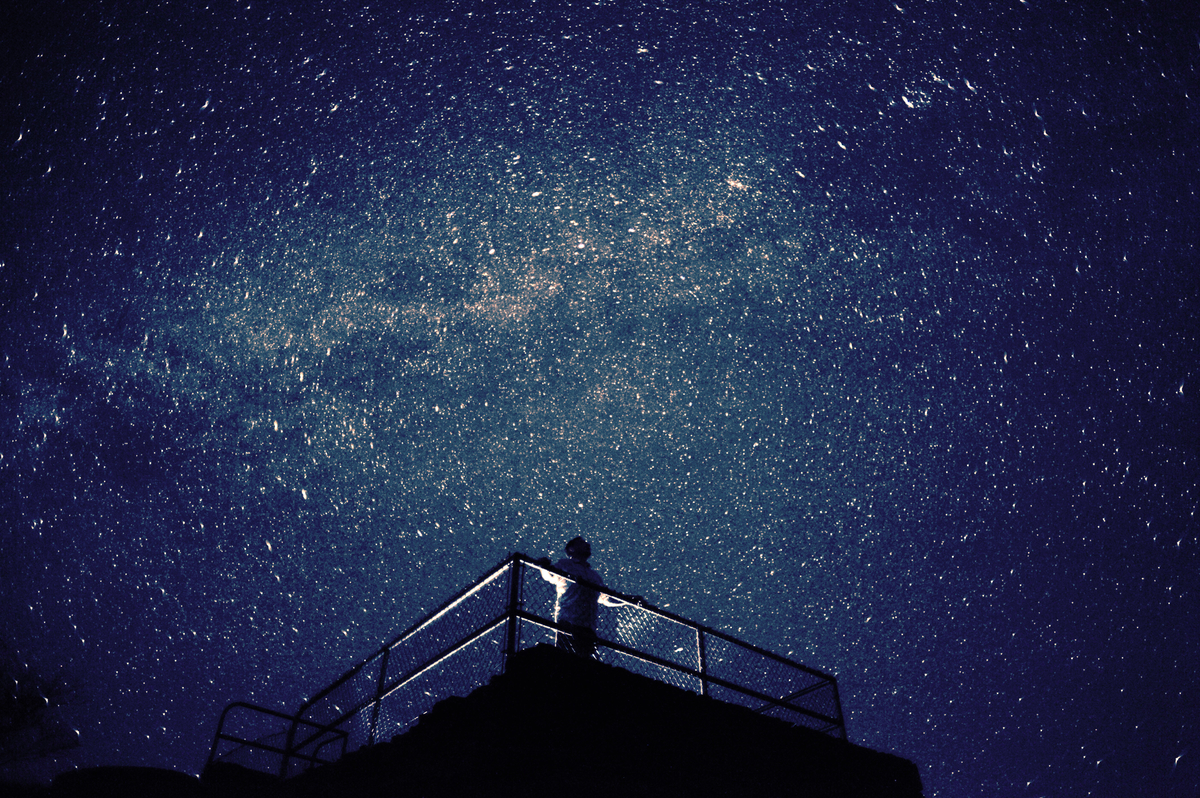
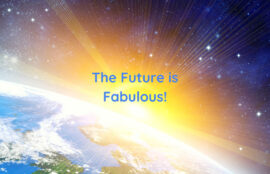


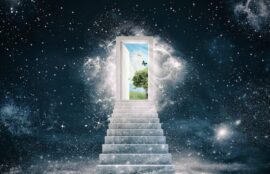
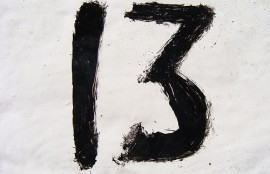
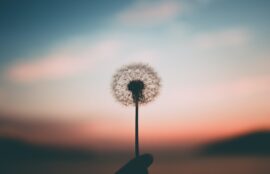
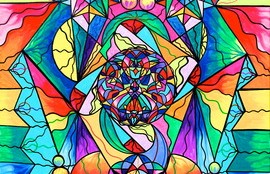
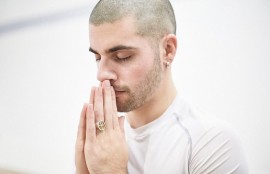

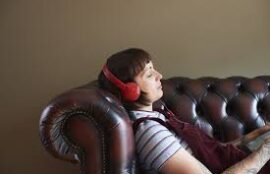
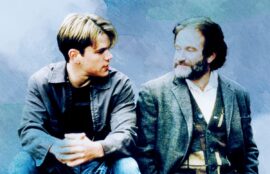


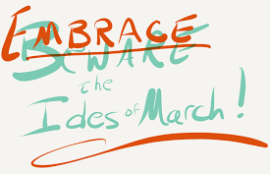


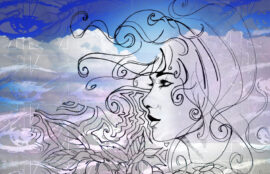

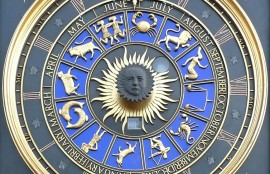
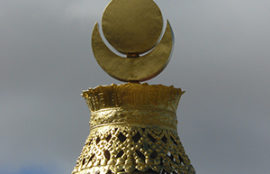
Sorry, the comment form is closed at this time.